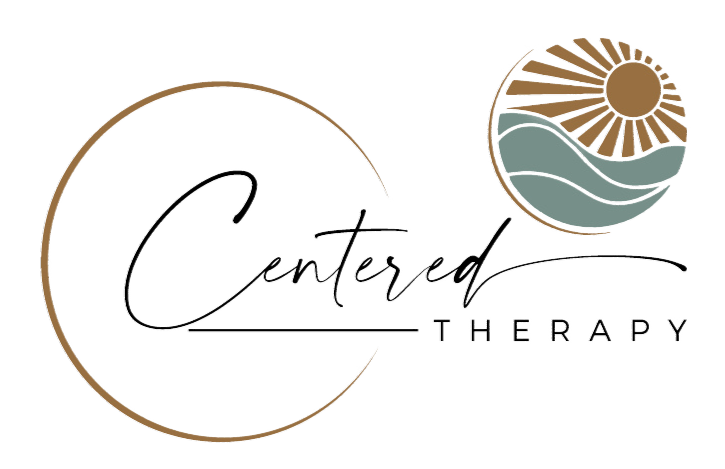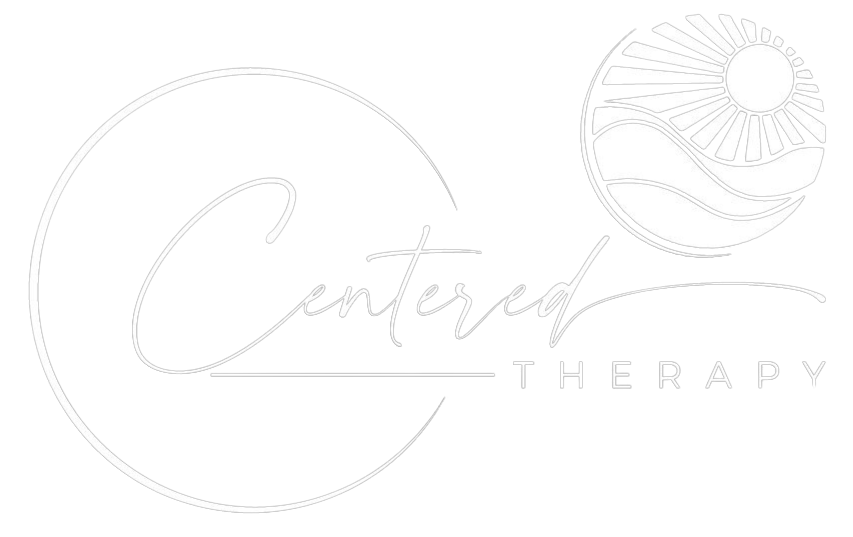What is Autism Spectrum Disorder?
Autism spectrum disorder (ASD) is a complex and varied developmental disorder. It can affect a person’s behavior, speech, social skills, and more. As the name suggests, ASD exists on a spectrum. Some people with the disorder learn to live independently while others need lifelong care.
What were once considered separate conditions-PDD-NOS, Asperger’s, and autistic disorder-are now all considered parts of the Autism spectrum. Each of these former diagnoses now fall under the diagnosis of autism spectrum disorder, an umbrella diagnosis that encompasses a very wide range of individuals and symptoms.
Those formerly diagnosed with Asperger’s fall on the higher functioning end of the spectrum, while those formerly diagnosed with autistic disorder have more severe symptoms, and those once diagnosed with PDD-NOS rest somewhere near the middle of the two.
Signs and Symptoms of Autism Spectrum Disorder
The symptoms of autism spectrum disorder vary widely based on a person’s age and placement on the spectrum. However, signs typically include differences in a person’s social and communication skills.
Children can start showing significant ASD signs around 2 or 3. Many people have the erroneous idea that if children have ASD they stop developing. Kids with autism are still evolving, progressing, and developing; they just do so at different speeds and in different ways than their peers.
The effects of ASD can also alter over time. If parents have questions about ASD, they need to know what to look for. The following are symptoms of ASD by age group.
Signs of Autism in Babies
While professionals do not diagnose autism spectrum disorder in babies, some signs of the disorder can show up before the age of two years.
Warning signs for autism in babies include:
- Having no reaction to their own name by 12 months
- Poor eye contact with others
- Poor nonverbal communication
- No pretend play
- Hand flapping
- Rocking back and forth
- Not pointing at things if they want them
A baby may exhibit some of these traits but then begin developing typically. Most experts agree that reliable signs of ASD only begin to appear around the ages of 2 or 3.
Signs of Autism in Toddlers
By the time a child is two or three years old, the signs of autism are more noticeable and reliable indicators of the disorder.
Autism symptoms in toddlers can include:
- Speech delays or difficulties
- No speech at all
- Walking on tippy toes
- Rocking
- Not making eye contact
- Not engaging in interactive play with others
- Fixation on one thing or toy
- Not using hand gestures or nonverbal cues
- Obsessing over routine
- Reacting negatively to any change in routine
- No fear Excessive anxiety
- Easily overstimulated or triggered by sounds, smells, or textures
Every child on the autism spectrum is unique, and symptoms can vary from one person to the next. Diagnosis requires assessment by a trained mental health professional in a clinical setting.
Autism Symptoms in Adults
Until mental health professionals began to gain a better understanding of autism, many people on the spectrum went undiagnosed through childhood and into adulthood. Women and people with what was once called “Asperger’s” are most likely to have experienced this.
Adult signs of autism can include:
- Difficulty reading social cues
- An inability to relate to others
- Flat affect even when in a highly emotional situation
- Fixation on only one or two favorite topics
- Fixation on complex detailed topics
- Poor emotional regulation, especially in the face of change
- Adhering to strict routines
- Easily overstimulated by noise, touch, taste, etc.
- Little to no skill at interpreting jokes or figurative language
Receiving an autism diagnosis in adulthood can provide clarity and understanding. Better yet, adults with this diagnosis can finally access the tools they may need to help them thrive.
Autism Spectrum Disorder Diagnosis, Testing and Evaluation
There is no medical or lab test for medical providers to diagnose Autism Spectrum Disorder, which can often make diagnosing the condition difficult. Mental Health Providers and Clinicians instead rely various Autism Testing and Evaluation techniques to diagnosis whether a patient has signs or symptoms of Autism Spectrum Disorder. Since Autism is most often tested on children, Autism Testing and Evaluation includes but are limited in observing the behaviors in children and looking at the child’s developmental history while also listening to the concerns of their parents.
What Causes Autism Spectrum Disorder?
As with many behavioral and mental health disorders, there is no known exact cause of autism spectrum disorder. However, researchers have identified some risk factors that make someone more likely to be on the autism spectrum.
Someone is more likely to have autism if they have:
- An immediate biological family member on the autism spectrum
- Been exposed to certain medication in-utero
- Certain genetic mutations or differences, such as Fragile X Syndrome
- Biological parents who are older than is typical
- Been born at a low weight
- Been exposed to high levels of heavy metals or other environmental toxins
- A medical history that includes many viral infections
Research has shown time and time again that there is no correlation between vaccines and autism.
How is Autism Spectrum Disorder Treated?
Experts have not yet developed a cure for Autism Spectrum Disorder. Furthermore, some people on the spectrum would argue that a cure is not necessary, or that they wouldn’t want one.
There are many types of therapies that can help people on the autism spectrum and their families cope with specific symptoms. Because Autism Spectrum Disorder has such a wide variety of symptoms and severities, treatment options that are right for one patient can be wrong for another. The most common therapy used to treat Autism Spectrum Disorder is Applied Behavior Therapy (ABA Therapy).
Applied Behavior Therapy
ABA stands for Applied Behavior Analysis and is a behavior therapy that focuses on helping individuals (commonly with Autism) acquire socially important skills such as communication and independent living. This ranges from developing initial speech skills to teaching perspective-taking and empathy. ABA is also used to reduce maladaptive behavior focusing not just on decreasing a behavior, but rather understanding why a behavior is occurring and replacing the behavior with new ways of communicating.
ABA is an evidence-based therapy strongly supported by the Autism Science foundation and the CDC. ABA is currently covered by most state-funded and commercial insurances.
Other Behavioral Therapies for ASD
Those with milder symptoms often benefit from behavioral interventions and therapies such as Cognitive Behavioral Therapy (CBT). CBT helps people on the autism spectrum identify negative behavioral patterns, start more positive behaviors, and cope with the emotional effects of being neurodivergent.
Other behavioral therapies that can help those with ASD include:
- Social Skills
- Relationship Development Intervention
- Autism Education
Play Therapy for Children with Autism
Play is one of the ways all children express their feelings, including kids with ASD. Play can be especially important to children on the autism spectrum because other forms of communication can be difficult for them. Therapists use this love of playing to encourage health behaviors. Play therapy can include:
- Floortime
- Integrated play groups
- Joint Attention Symbolic Play Engagement and Regulation (JASPER)
Professionals typically use play therapy in conjunction with other treatments. If you or someone you love shows signs of ASD, contact us today. Our trained behavioral therapists can help you find a treatment plan that works for your family.
Speech Therapy for Autism Spectrum Disorder
Speech therapy is also of great benefit to many of those on the autism spectrum. Even those on the milder end of the spectrum can have a difficult relationship with speech and language. Working with a speech pathologist or therapist can help a patient develop a more engaged affect, as well. Other items speech therapy can address include learning to interpret figurative language or learning to have reciprocal conversations.
Finding Help for Autism Spectrum Disorder Centered therapy counseling at Health
Centered therapy counseling Health providers offer a wide variety of treatment options for people on the Autism Spectrum. With both online and in-person visits available, you can find an appointment that works for you. Our offices employ a wide variety of Mental Health care providers who can work together to implement a care plan that is uniquely suited to your needs.

